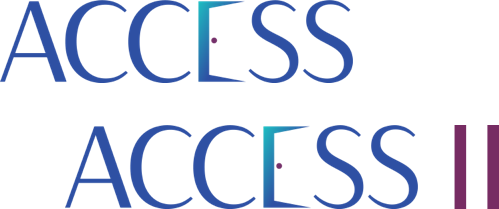What is clinical research?
Clinical studies (also called clinical trials) are critical for making advances in the treatment of medical conditions and diseases. All potential medications must be tested in clinical studies before they can be approved and prescribed by doctors for use. While still being studied, these potential medications are known as “investigational” or “study” drugs.
During a clinical study, researchers may want to find out various details about a study drug, such as:
- Its safety
- Whether it has manageable side effects
- If it can make people feel better or improve their condition
- What dose of the study drug might be most suitable
Phases of clinical research
There are 4 steps in the clinical research process, called “phases”. Each phase has a different purpose to help researchers answer different questions. At each phase of development, health authorities check the results to see whether the study drug being tested can continue to the next phase.
When the study drug has passed phases 1, 2, and 3, it may be ready to be submitted for approval. Even if health authorities approve its use by the general public, the medication still needs to be monitored. During this final phase (phase 4), researchers examine how well it works over a longer period of time.
ACCESS and ACCESS II are both Phase 2 studies. The study drug being investigated has already been tested in over 200 participants in earlier studies.
Who else is involved in clinical studies?
Clinical studies take place in clinics, hospitals, or private practices. These are all called study centers (or study sites). During a clinical study, you will be supported by a dedicated study team. This team typically consists of doctors, nurses, and other healthcare professionals. It may also include study coordinators, dietitians, nutritionists, and other staff. The study team is committed to closely monitoring your health and well-being.
Is taking part in clinical research voluntary?
Taking part is voluntary and completely your choice (so long as you are eligible to join). If you decide not to take part in ACCESS or ACCESS II, or if you withdraw from either study, it will not affect your present or future medical care and you will not lose any benefits you would otherwise have.
By joining a clinical study, you might have the opportunity to learn more about your general health and help others living with obesity and overweight in the future.
Interested?
Get in touchRelated links
By selecting the button below you acknowledge you are leaving the ACCESS_ACCESS II studies website and continuing to another website not covered under the ACCESS_ACCESS II studies website privacy policy.
Proceed to website